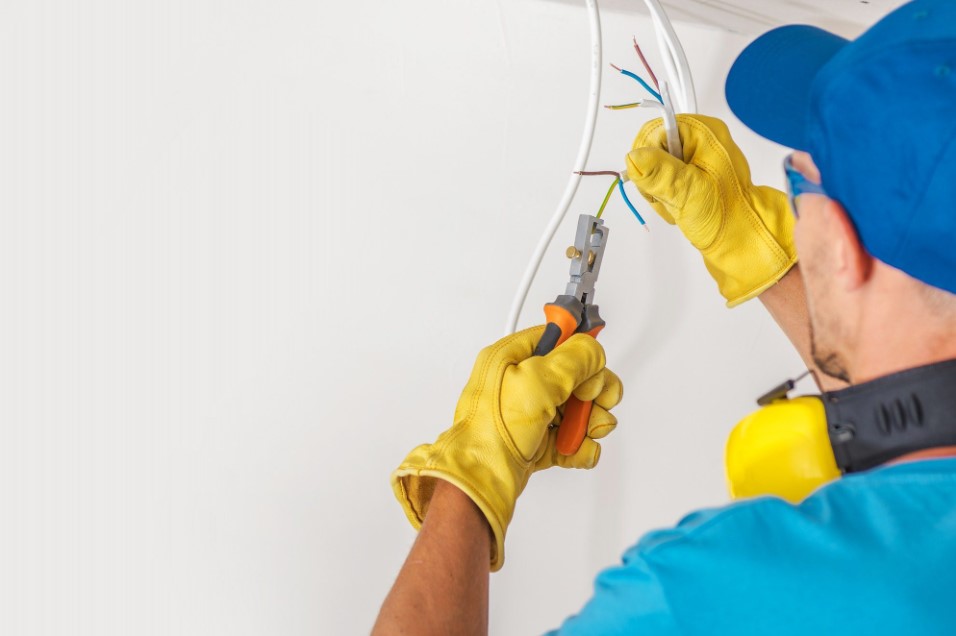Becoming an electrical contractor involves a combination of education, training, and gaining experience in the electrical field. Here are the general steps to become an electrical contractor:
-
Meet Educational Requirements:
- High School Diploma or Equivalent: Start by earning a high school diploma or an equivalent credential. Pay attention to mathematics and science courses, as they provide a foundation for understanding electrical principles.
-
Complete an Electrical Apprenticeship:
-
Apprenticeship Program: Most electrical contractors begin their careers as apprentices. Join an apprenticeship program, which combines classroom instruction with hands-on training under the supervision of experienced electricians or electrical contractors. Apprenticeships typically last four to five years.
-
Find an Apprenticeship: Contact local electricians or electrical contractors to inquire about apprenticeship opportunities. You can also check with your local labor unions, trade associations, or technical schools for apprenticeship programs.
-
-
Gain Experience:
- During your apprenticeship, you’ll accumulate valuable practical experience in various aspects of electrical work, including installation, maintenance, troubleshooting, and code compliance.
-
Obtain Licensing and Certification:
-
Licensing requirements for electrical contractors vary by location, so it’s essential to check with your local licensing board or authority to understand the specific requirements in your area.
-
In many cases, you’ll need to pass a licensing exam that tests your knowledge of electrical codes and regulations. To prepare for the exam, you may consider taking electrical code courses or studying relevant textbooks.
-
Some states and regions may also require you to become a master electrician before becoming an electrical contractor. Master electrician status typically involves additional education and experience requirements.
-
Consider pursuing certification from a relevant professional organization, such as the National Electrical Contractors Association (NECA), to demonstrate your expertise in the field.
-
-
Start or Join a Business:
-
Decide whether you want to start your own electrical contracting business or join an existing one. Starting your own business involves additional responsibilities like obtaining the necessary permits, licenses, and insurance. You’ll also need to handle administrative tasks, such as accounting and marketing.
-
If you choose to join an existing electrical contracting business, look for job openings or networking opportunities within the industry.
-
-
Build a Client Base:
- Whether you start your own business or join an existing one, developing a client base is essential. Provide high-quality service, build a good reputation, and cultivate relationships with clients and other professionals in the construction and building industries.
-
Stay Current with Industry Trends:
- The field of electrical contracting is continuously evolving, with new technologies and regulations. Stay up to date with industry trends and advances by attending workshops, seminars, and continuing education courses.
-
Obtain Insurance and Bonding:
- Depending on your location and the type of work you plan to do, you may need liability insurance and bonding to protect yourself and your clients in case of accidents or disputes.
-
Comply with Local Regulations:
- Ensure that your business operations, contracts, and installations comply with all local, state, and national electrical codes and regulations.
Becoming an Electrical Contractor Union City requires dedication, education, and a commitment to safety and quality in your work. It’s a career path that offers numerous opportunities for advancement and growth in the electrical industry. Be sure to research and follow the specific requirements and regulations in your area as they can vary widely.
















